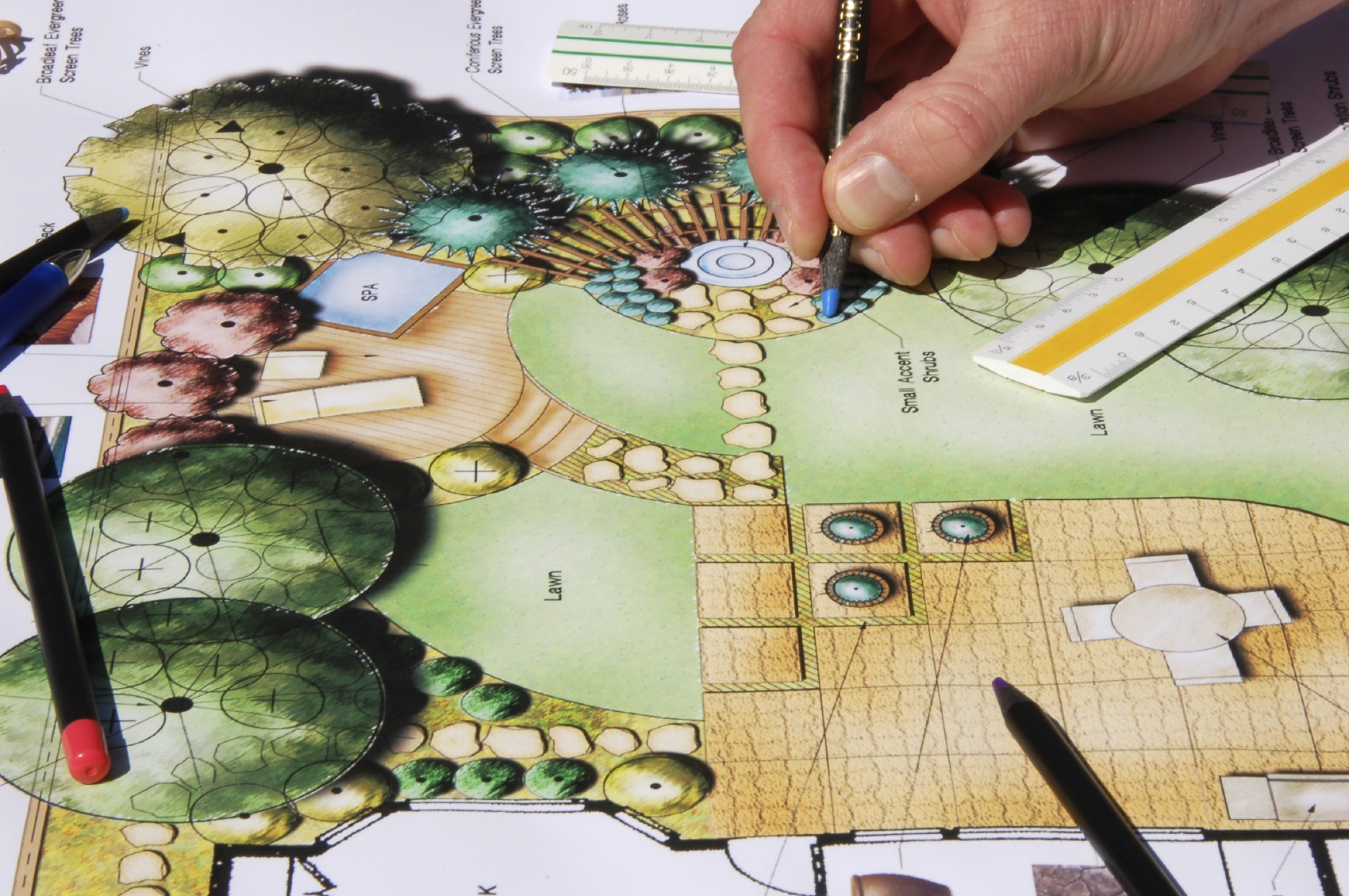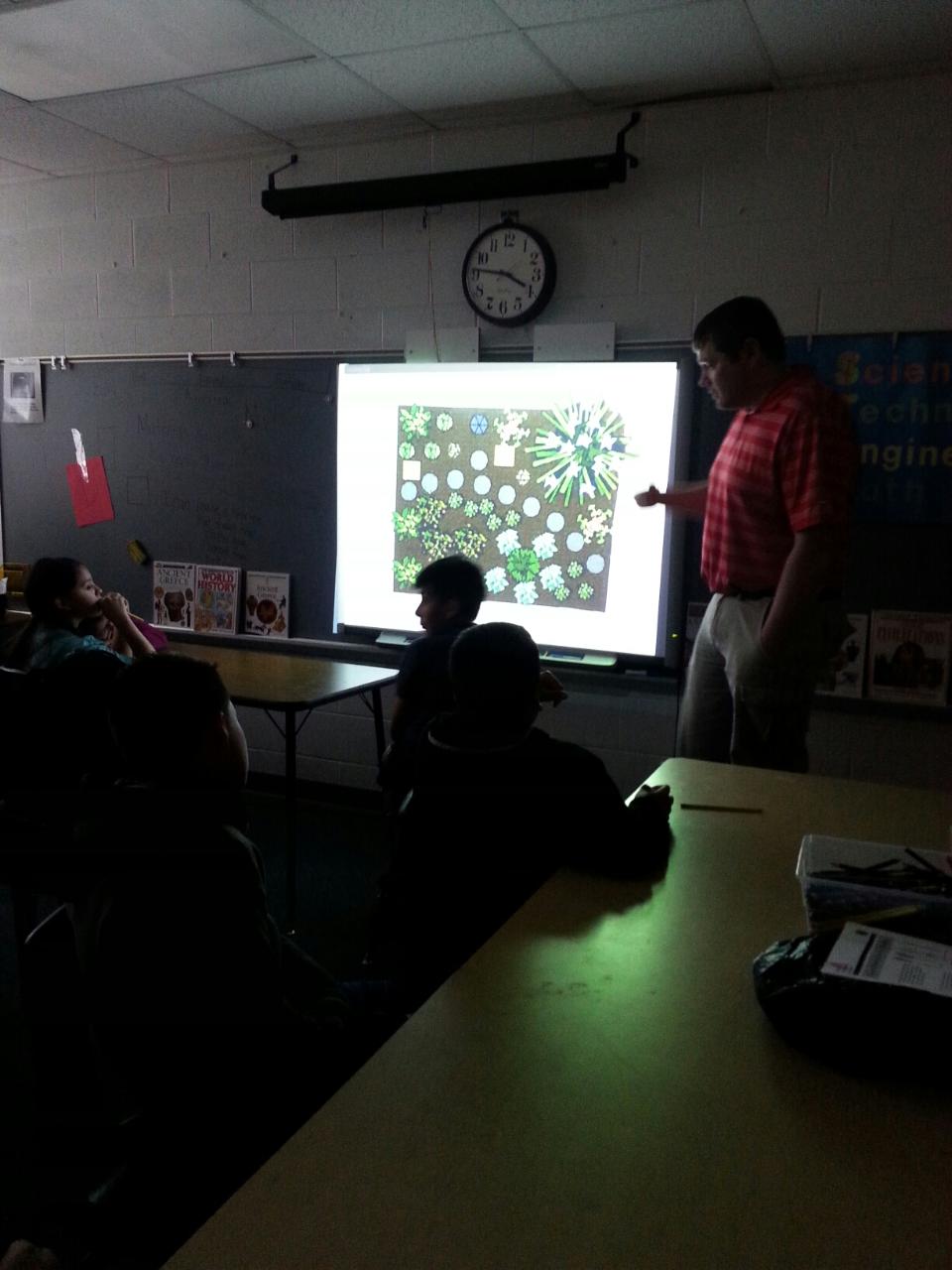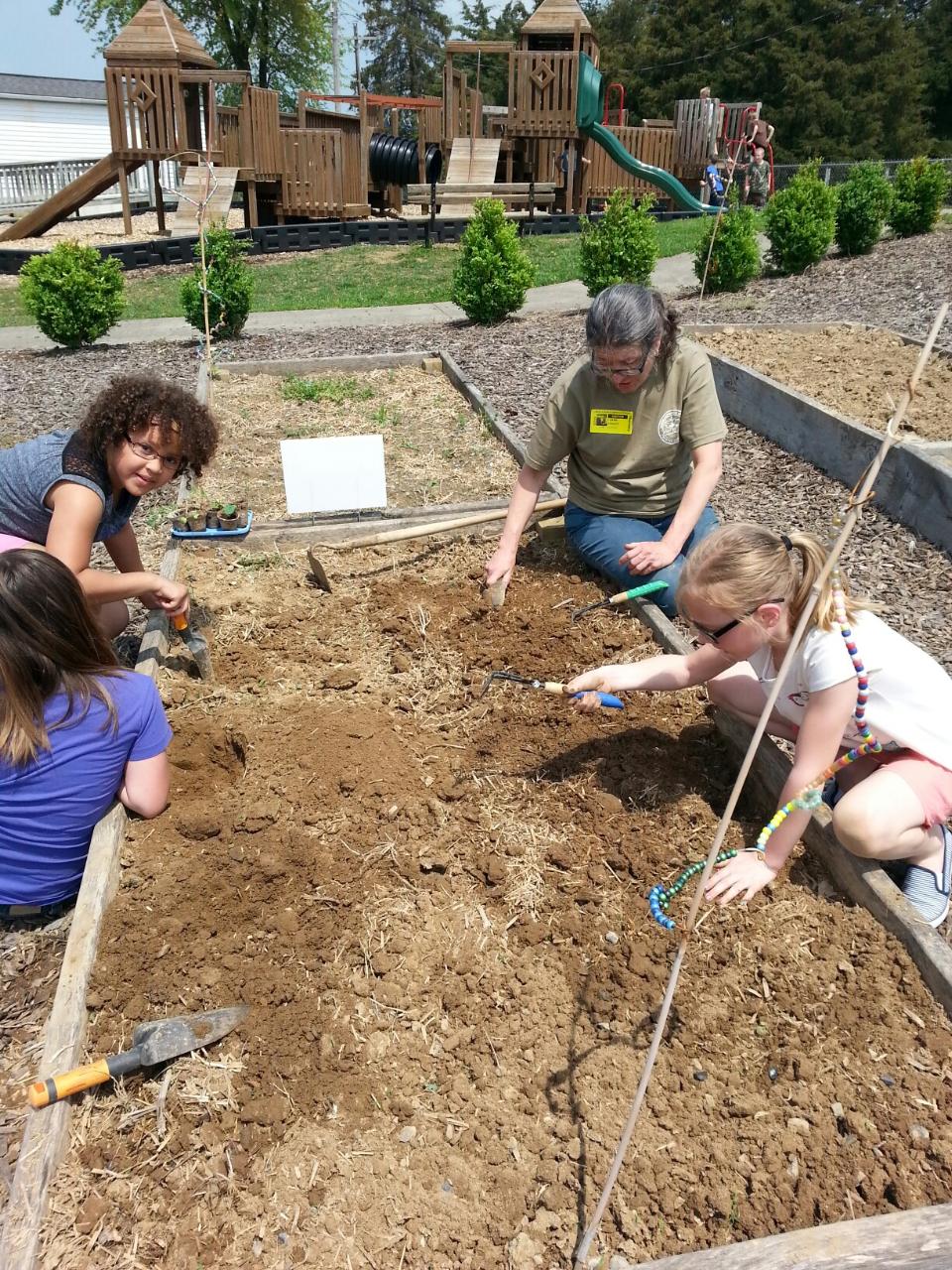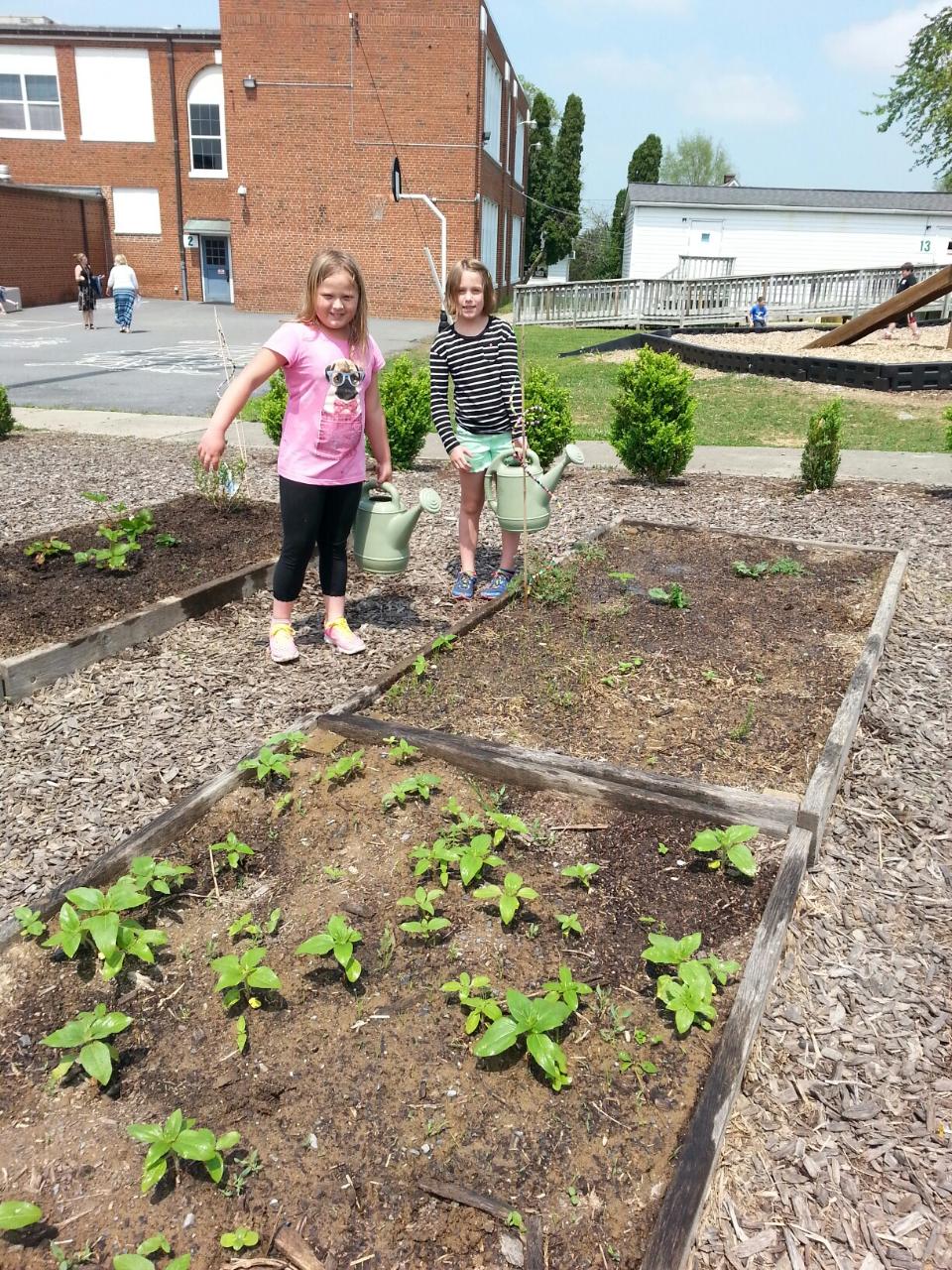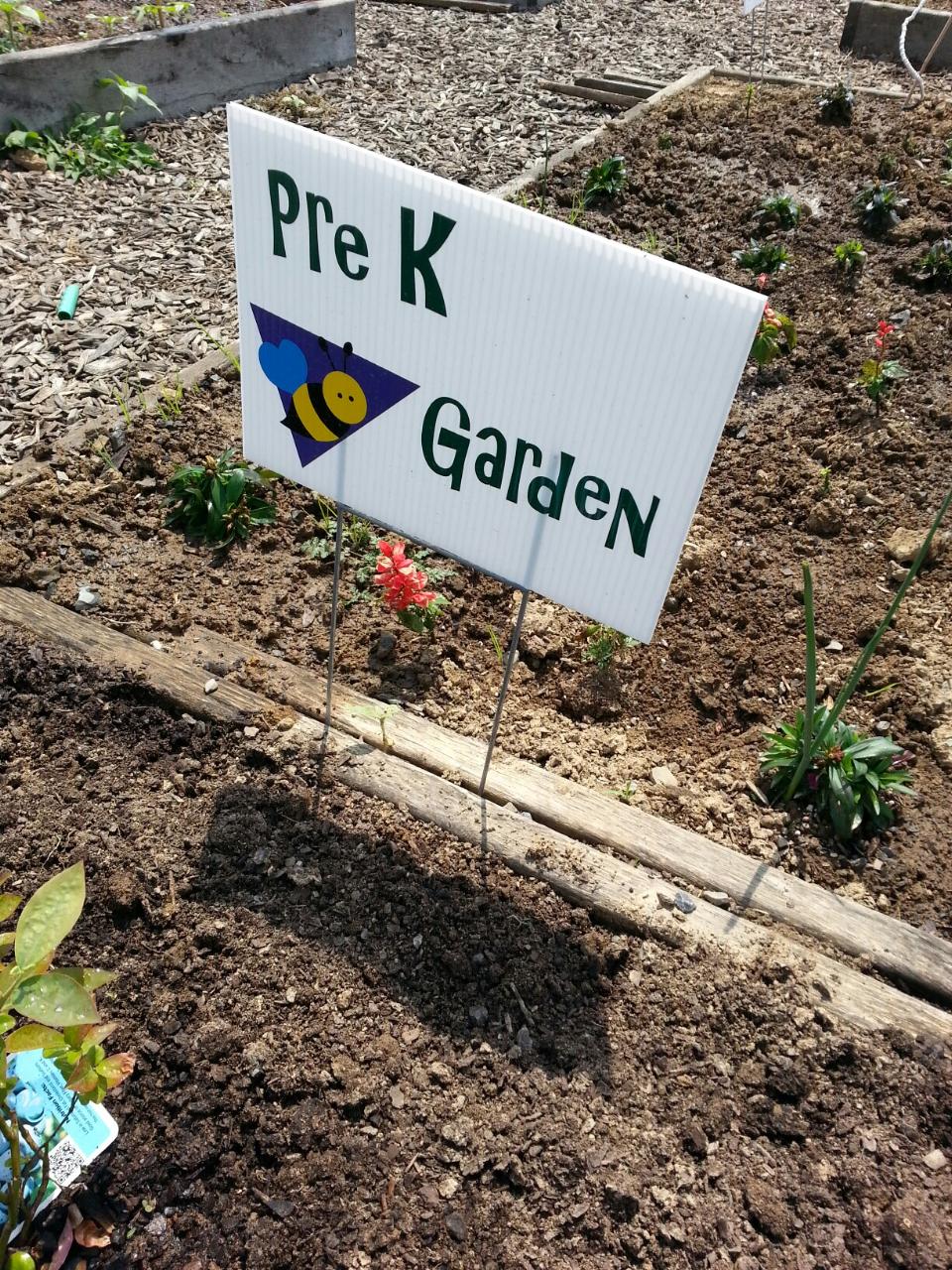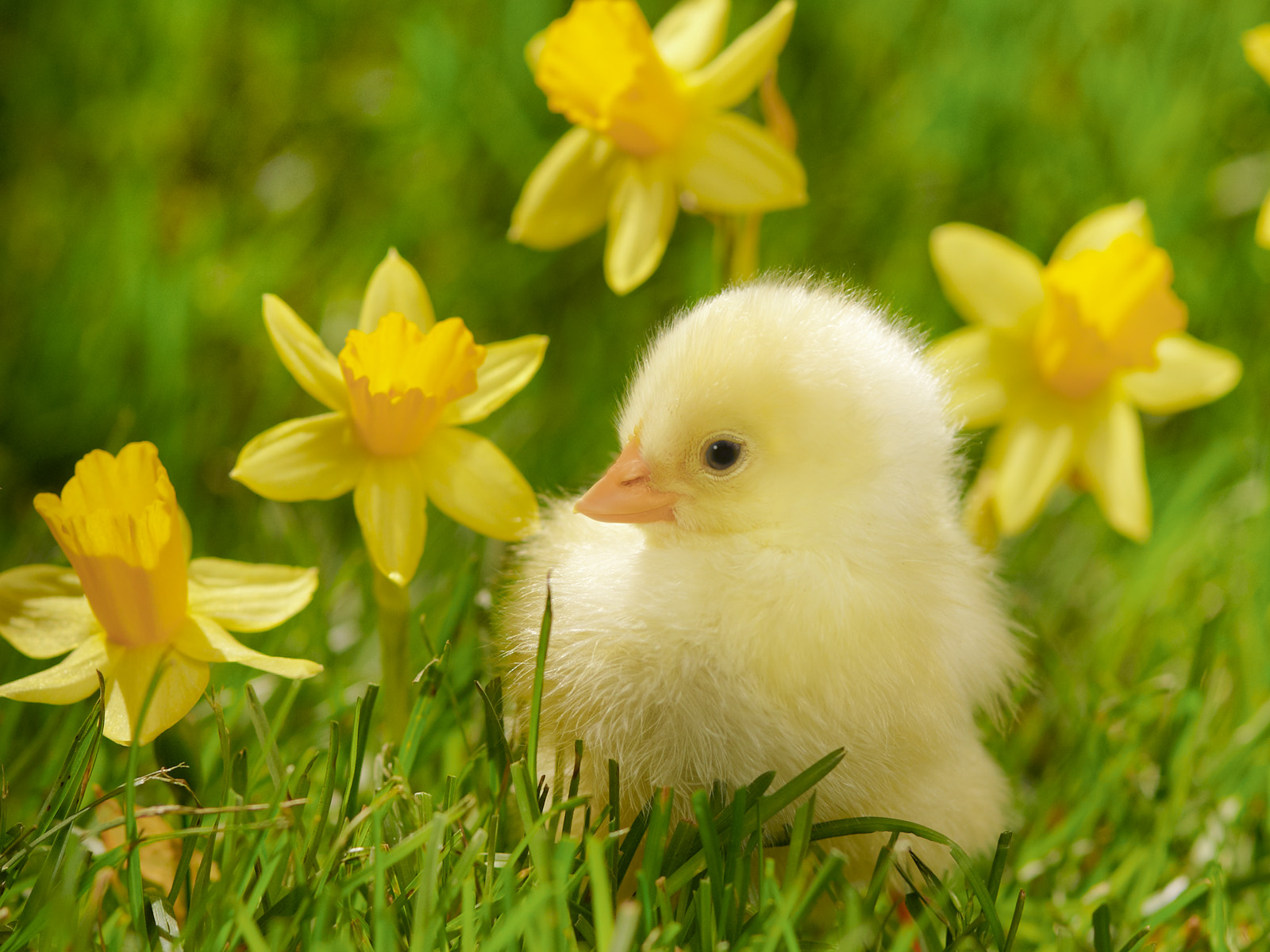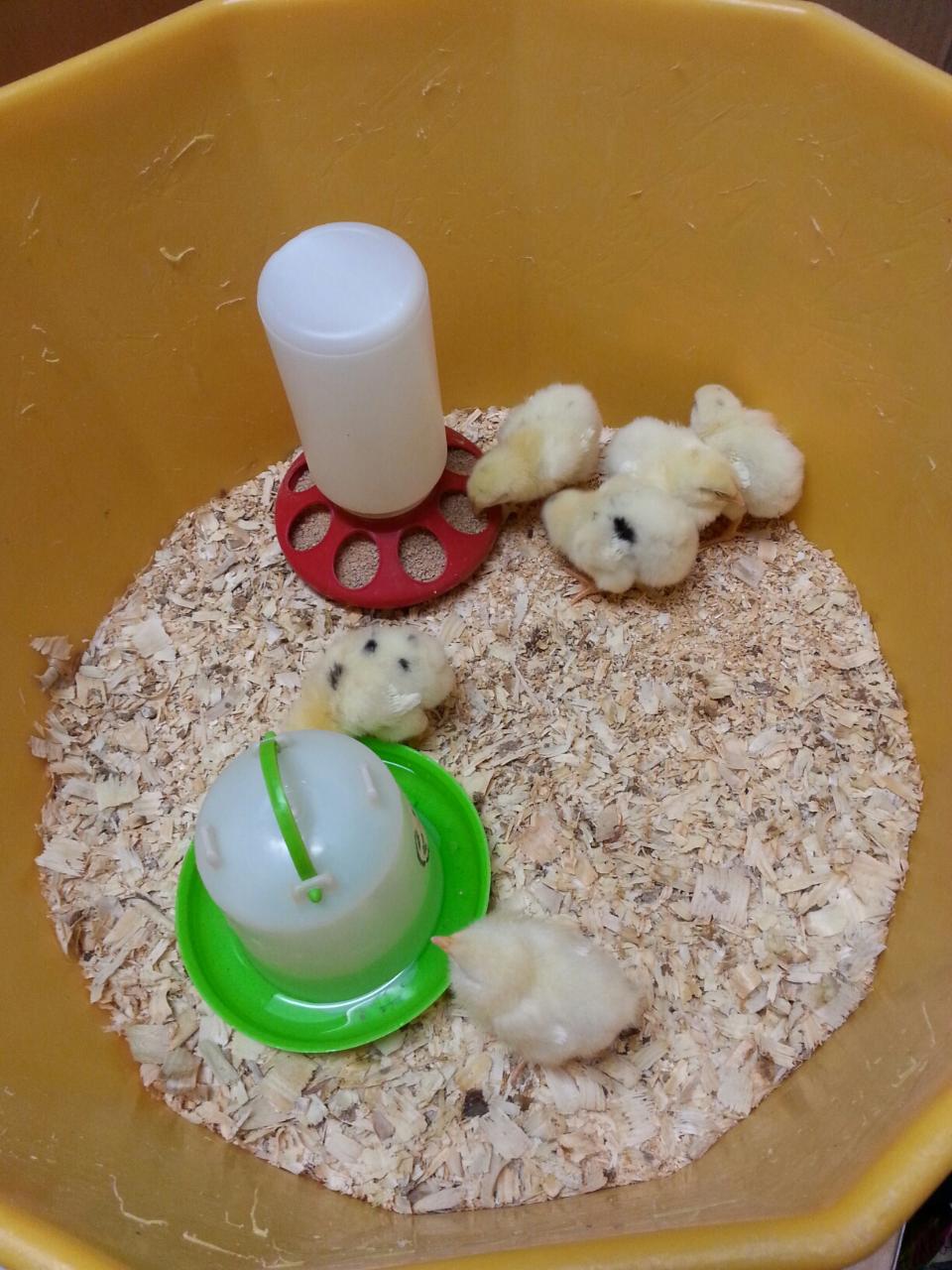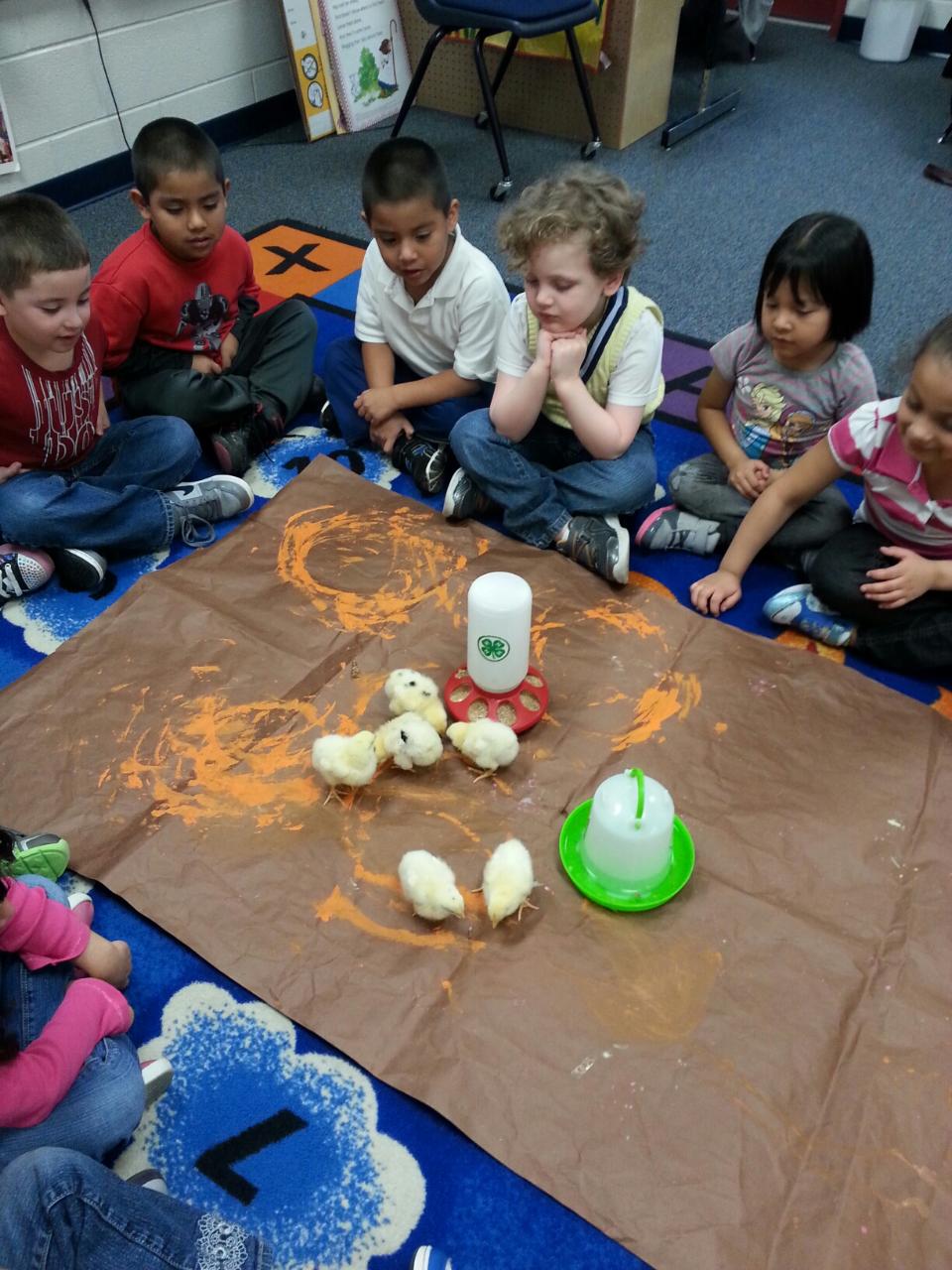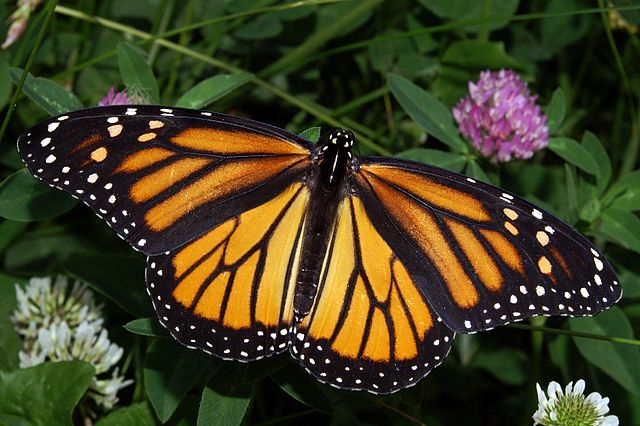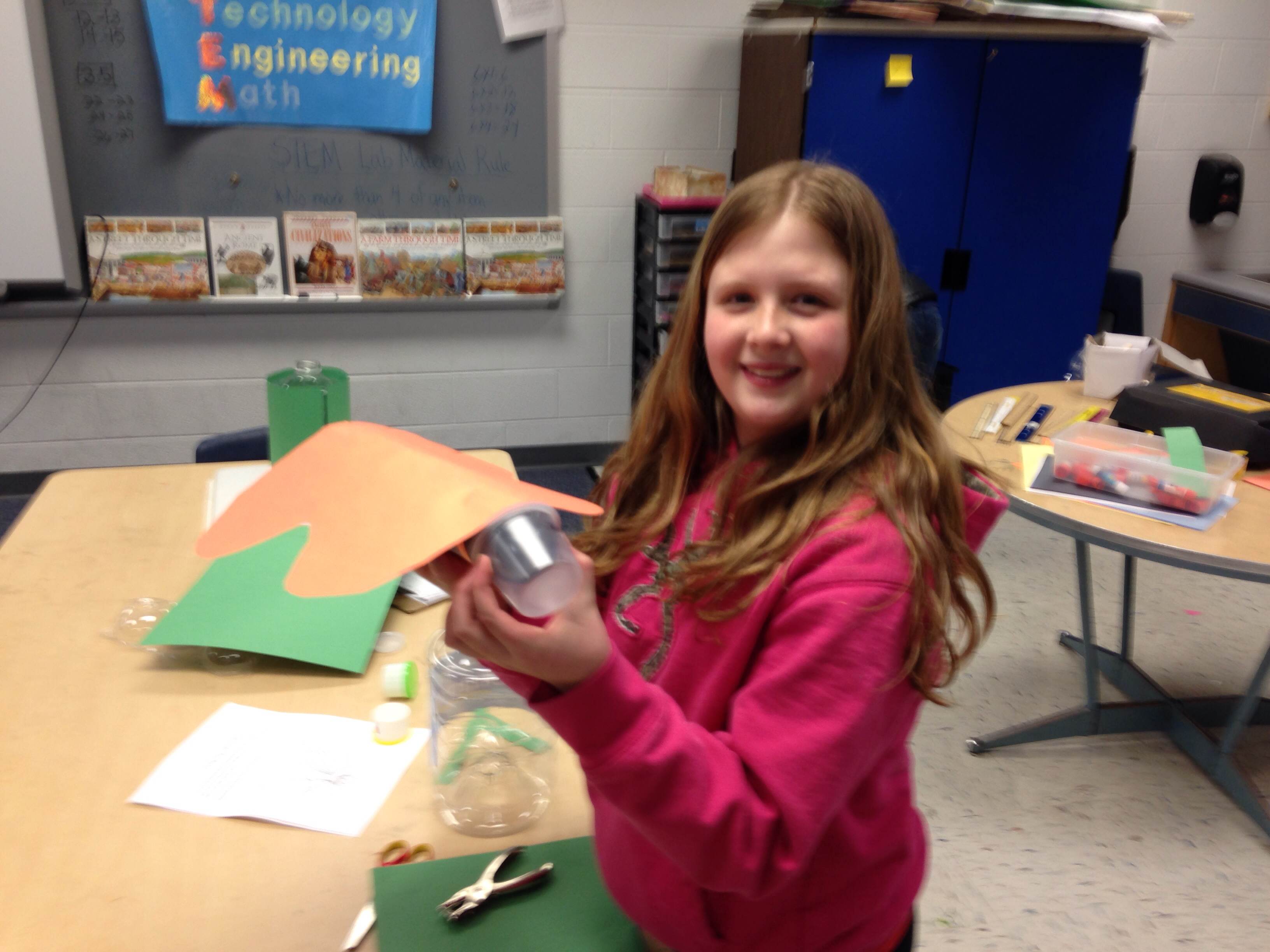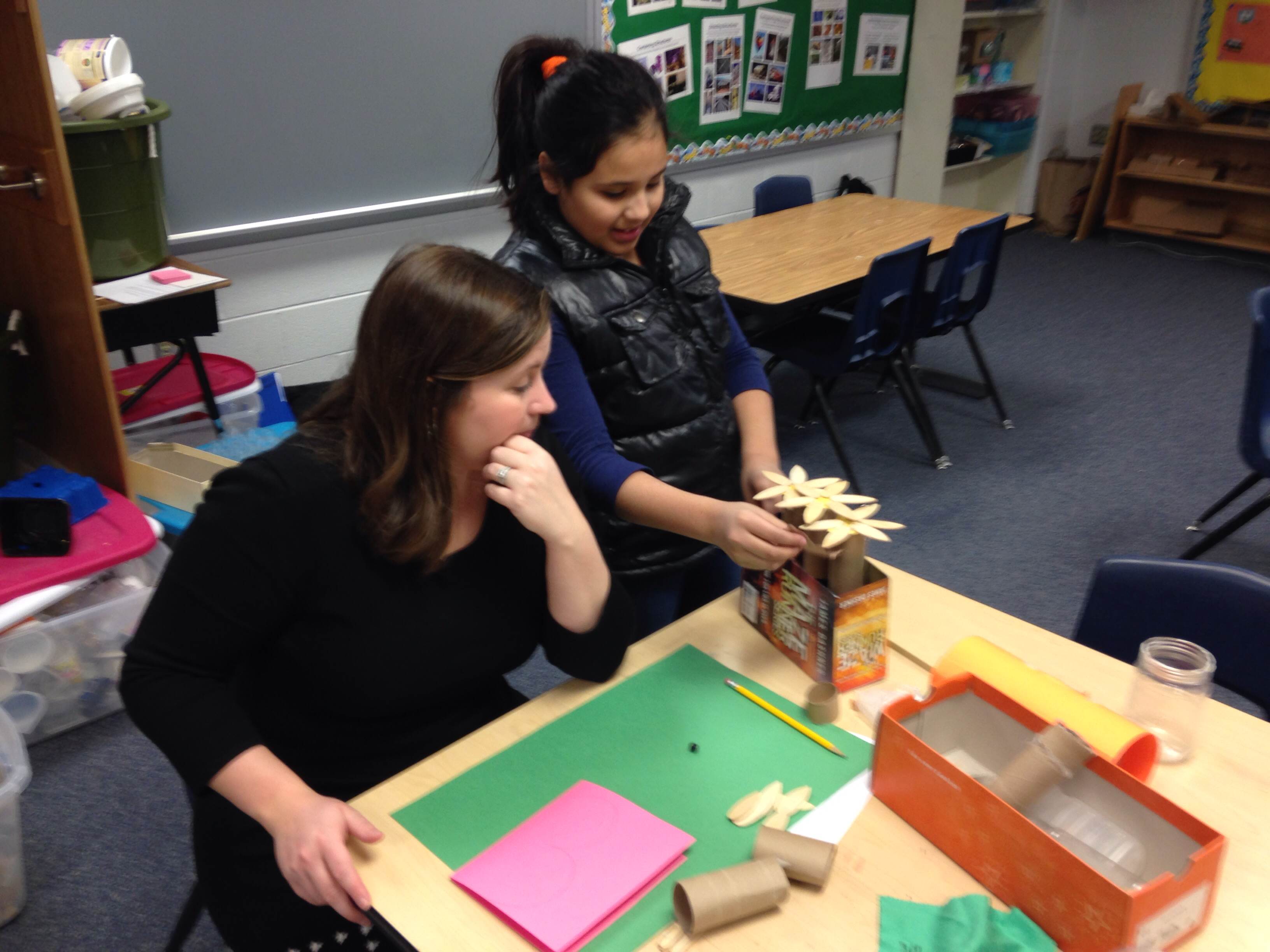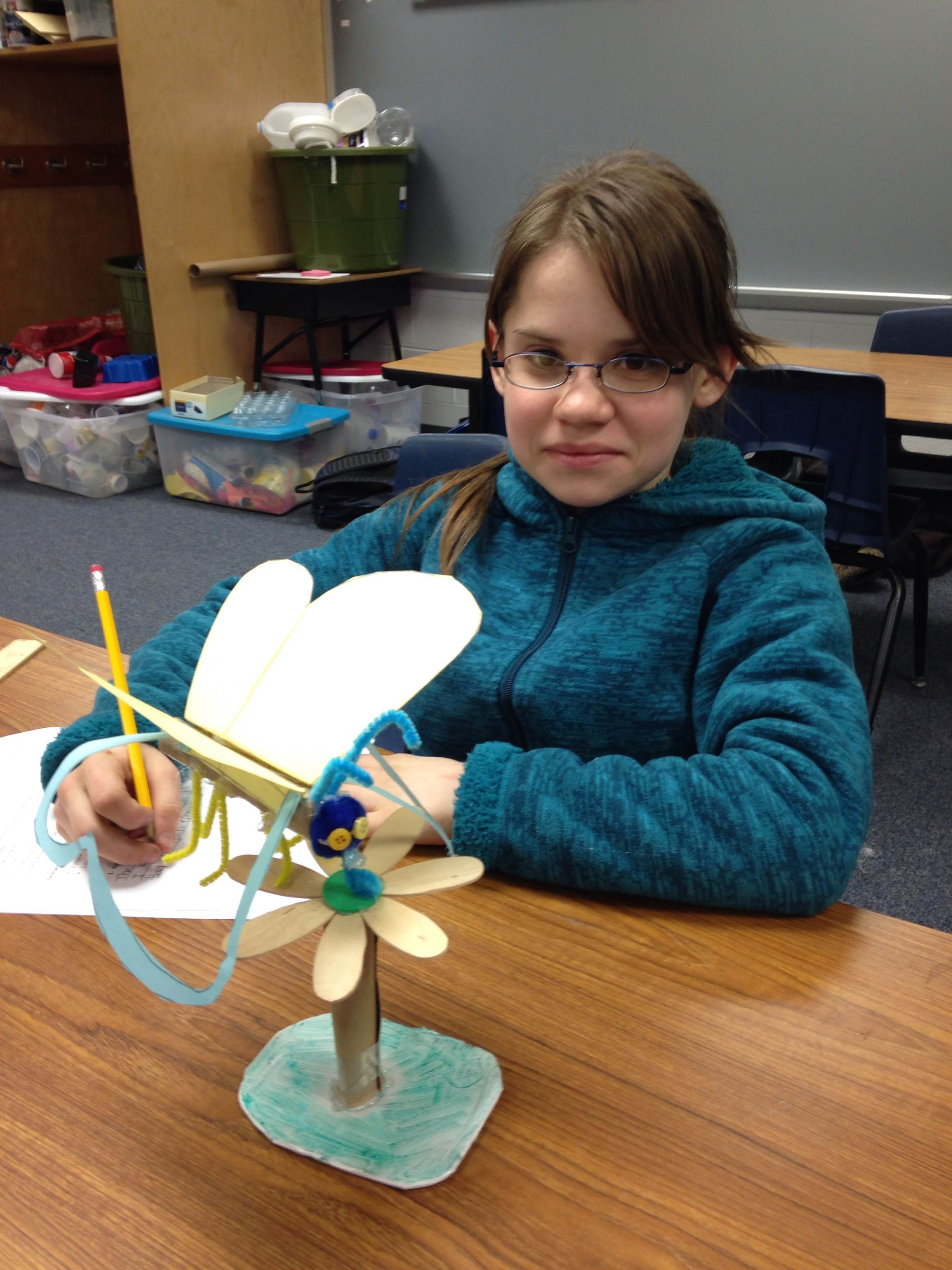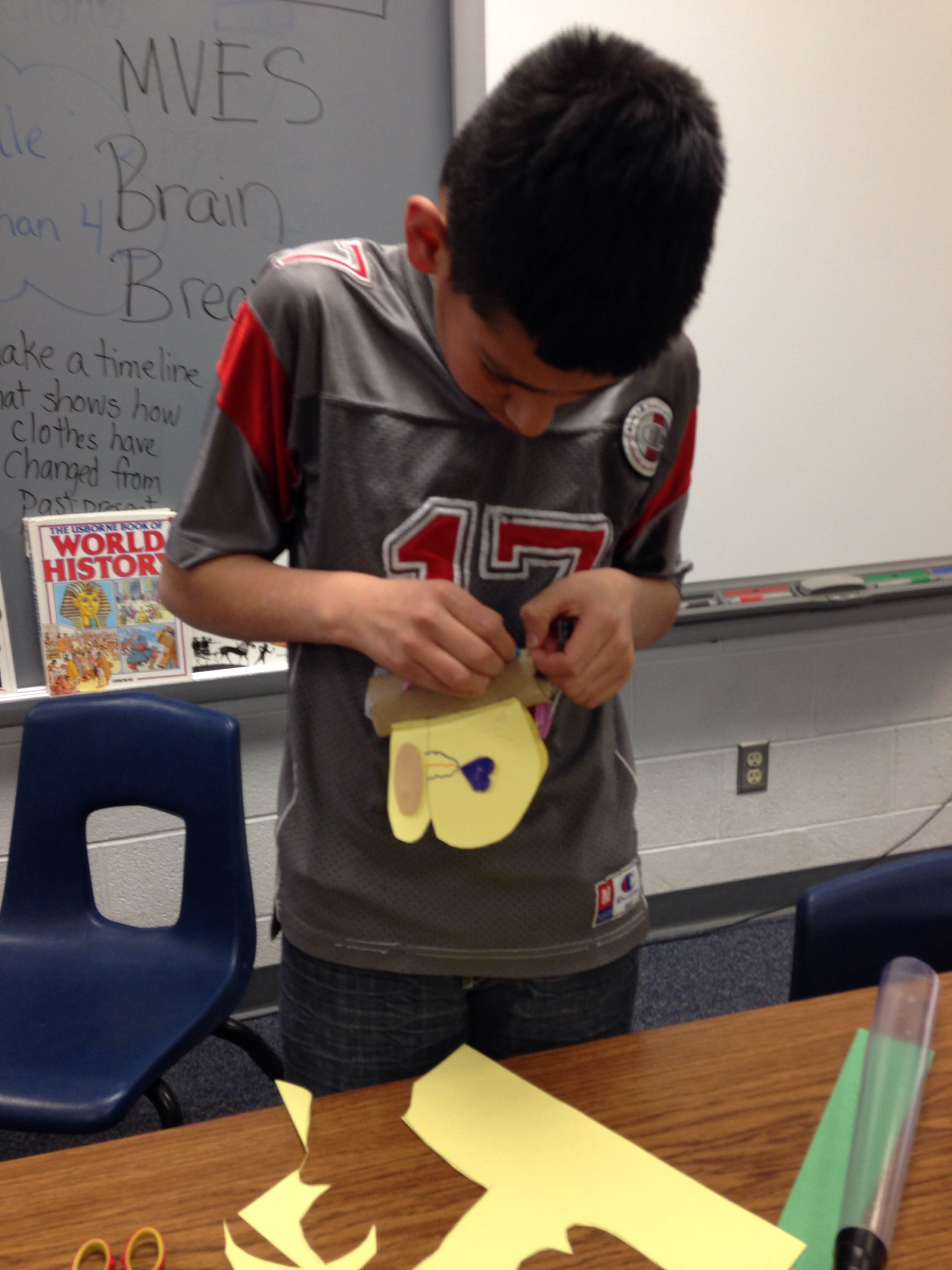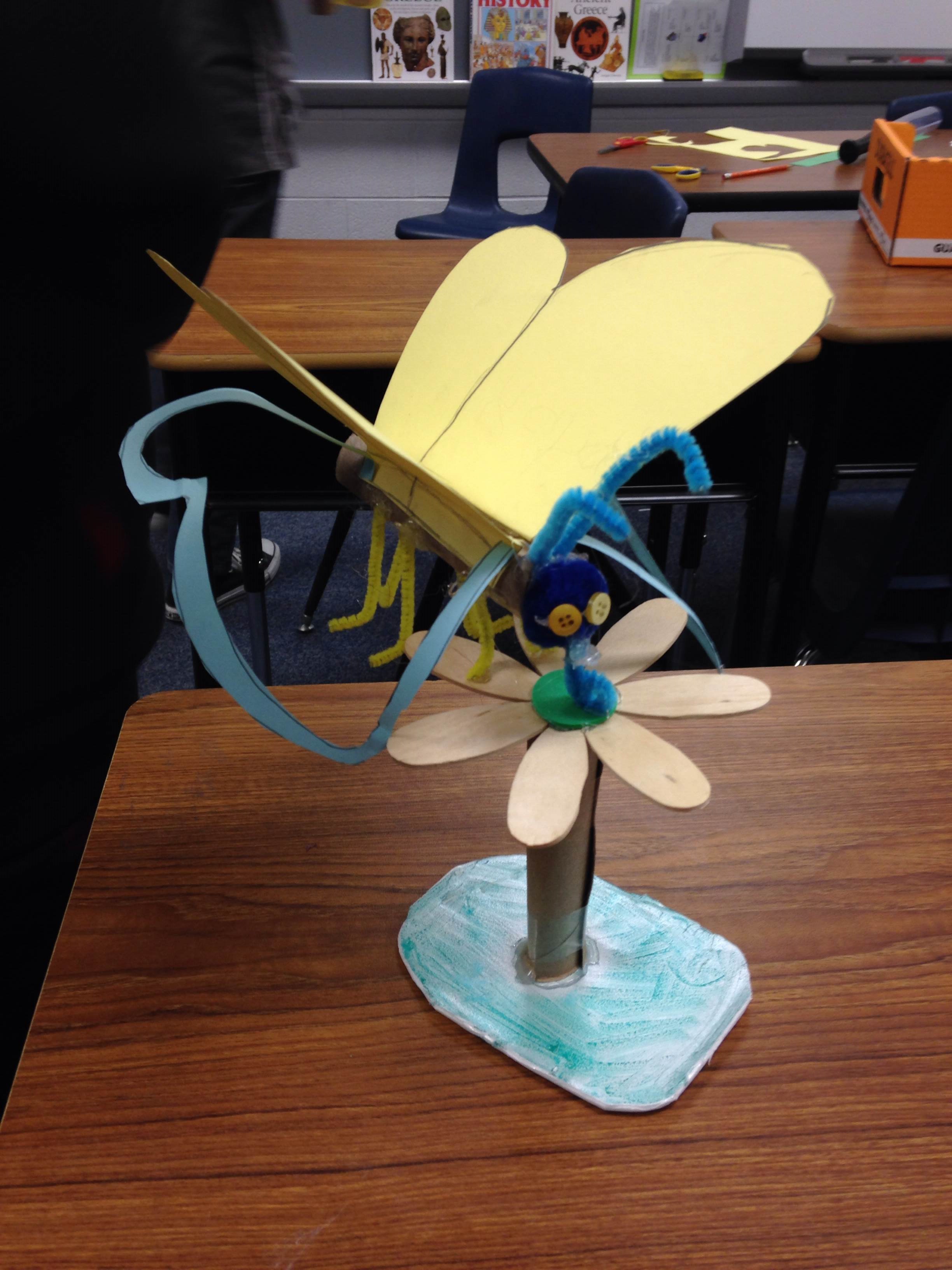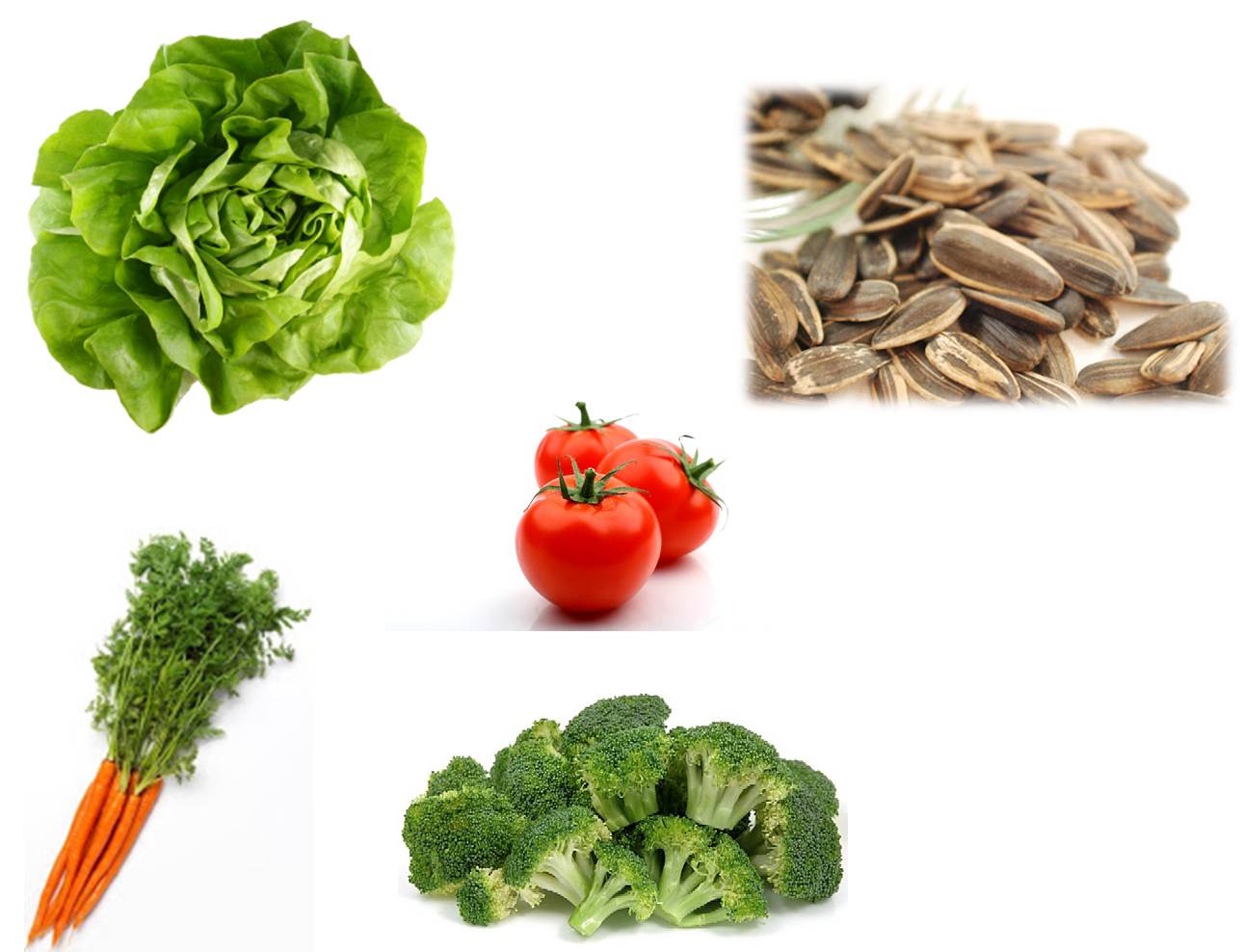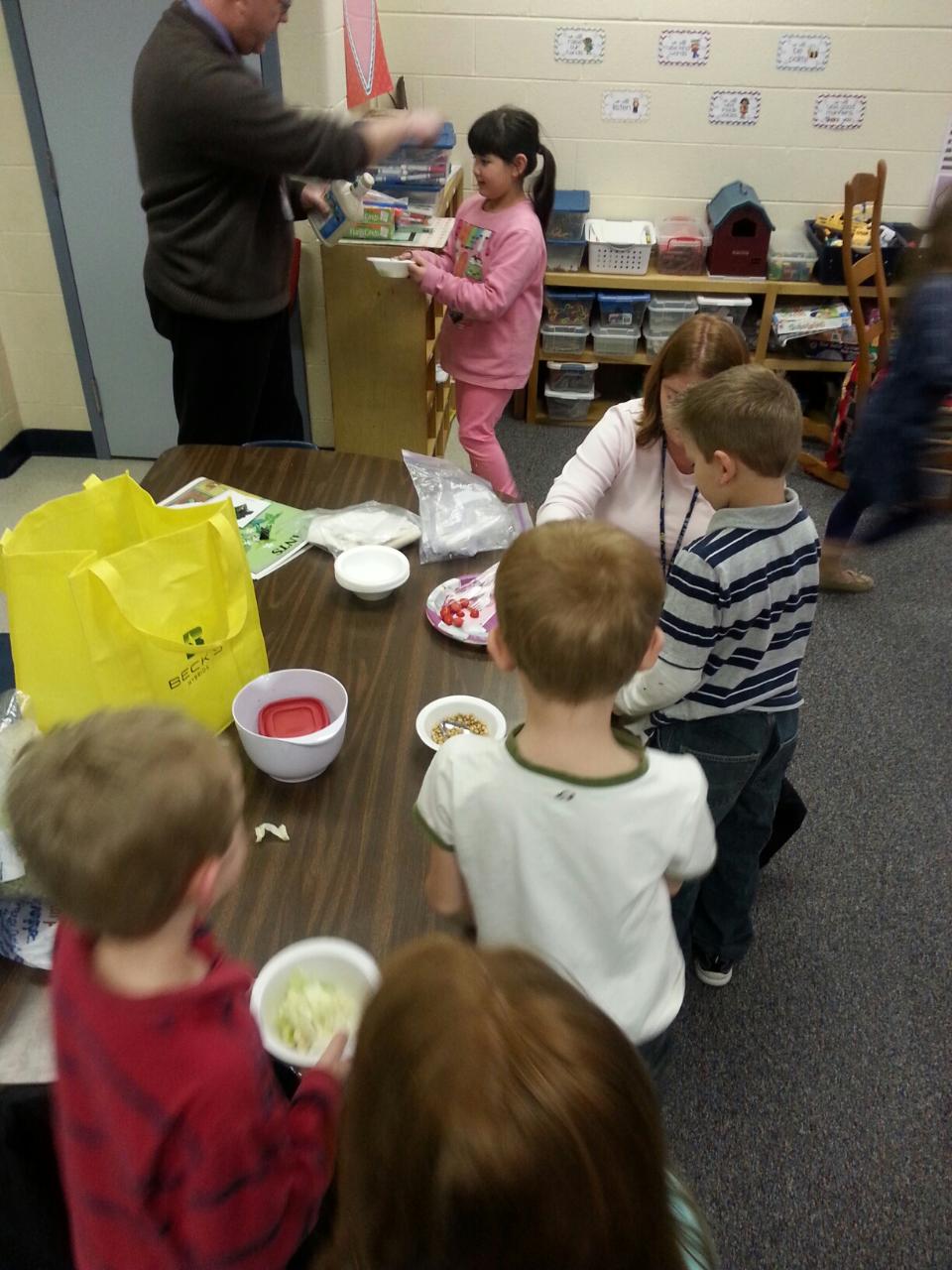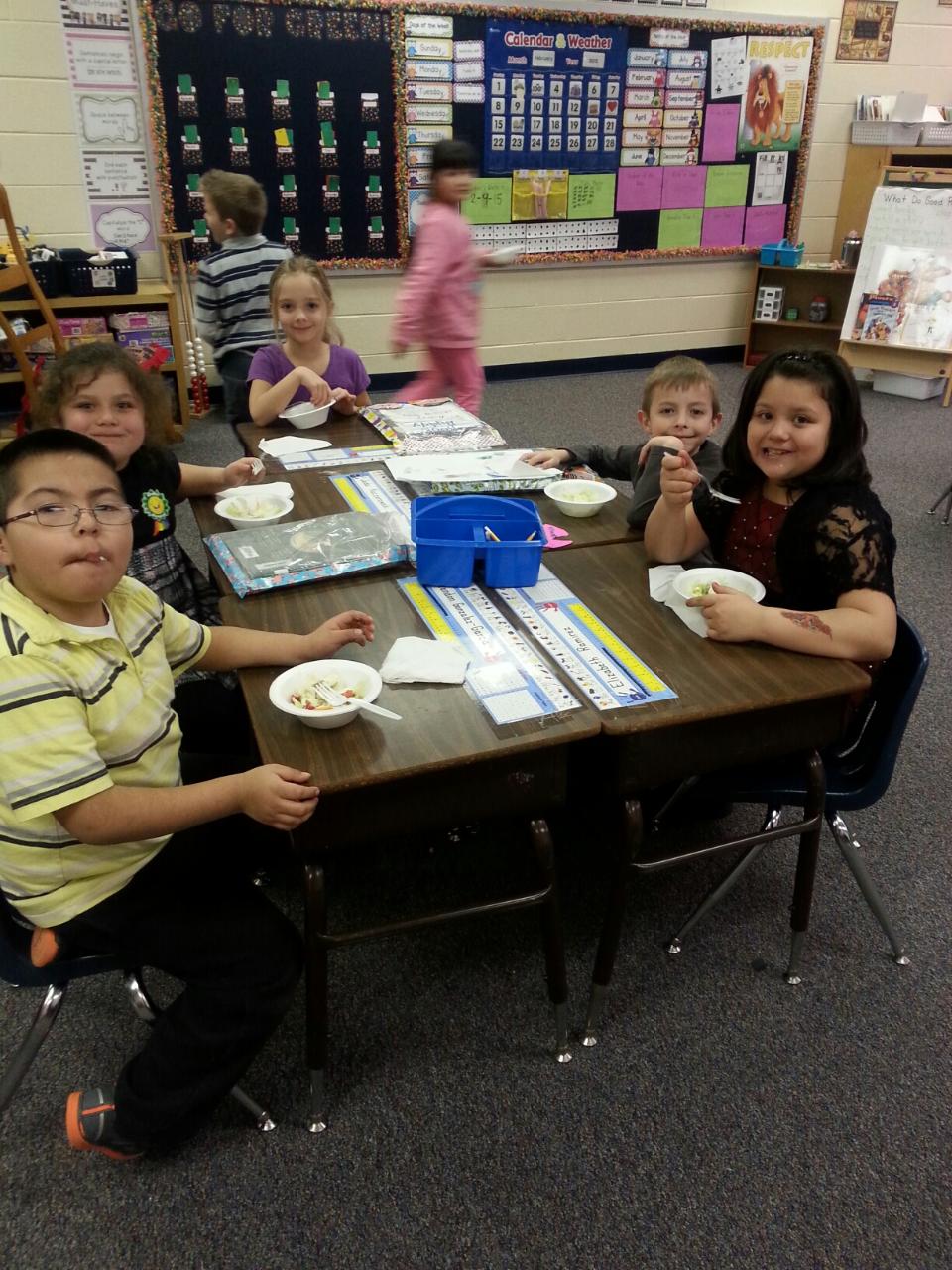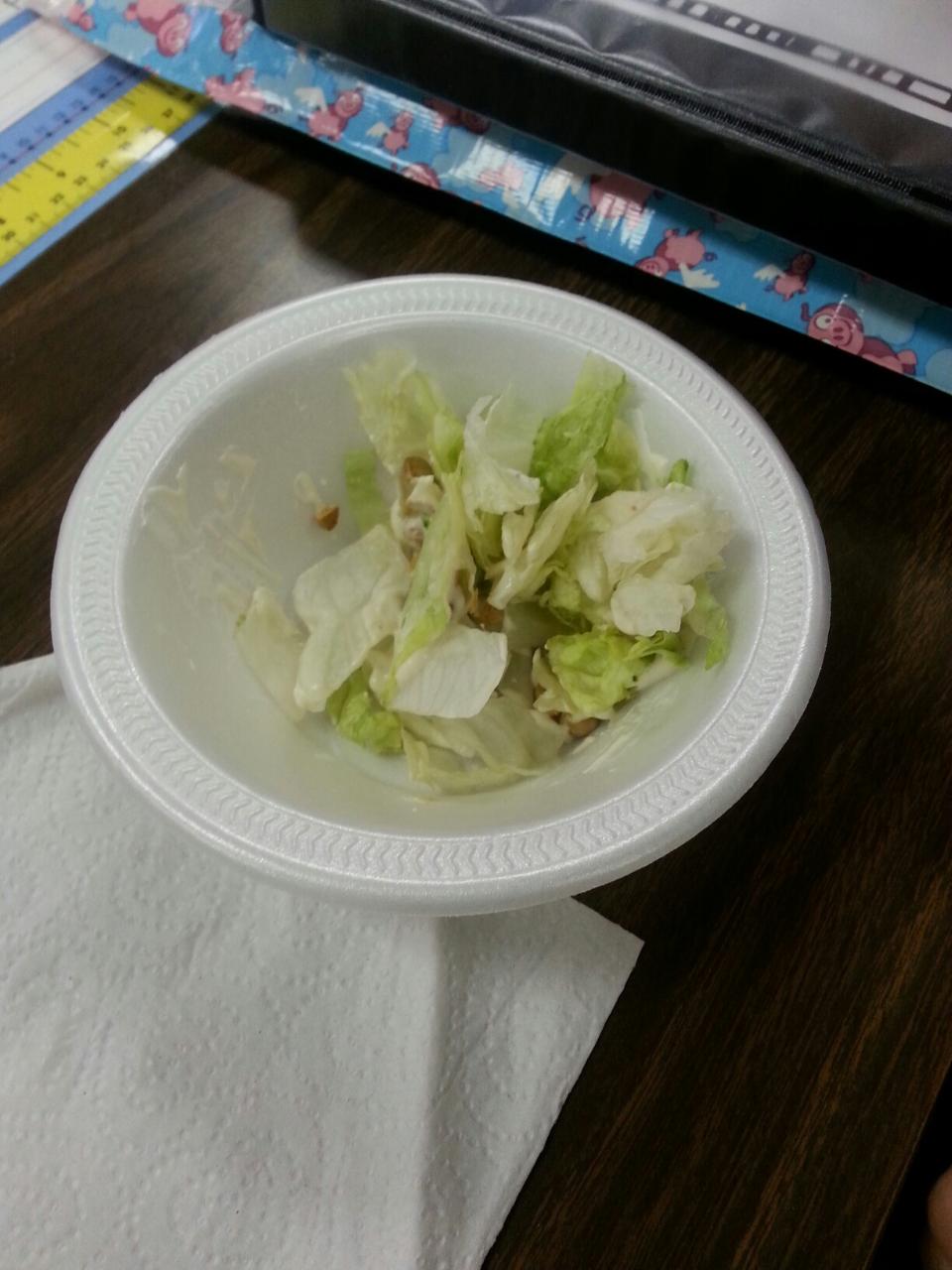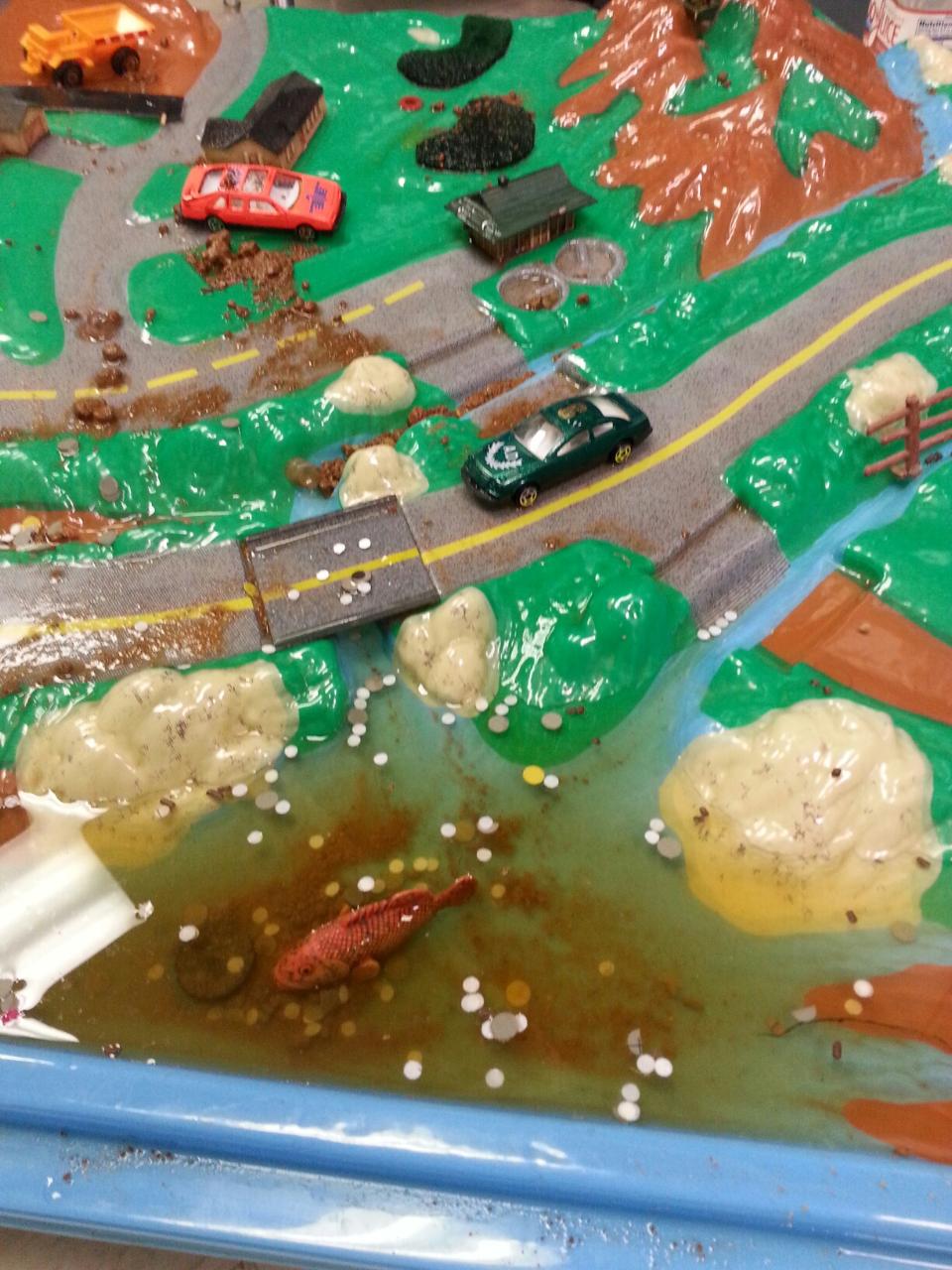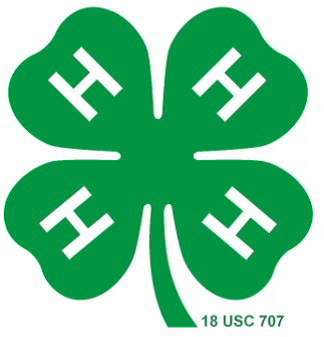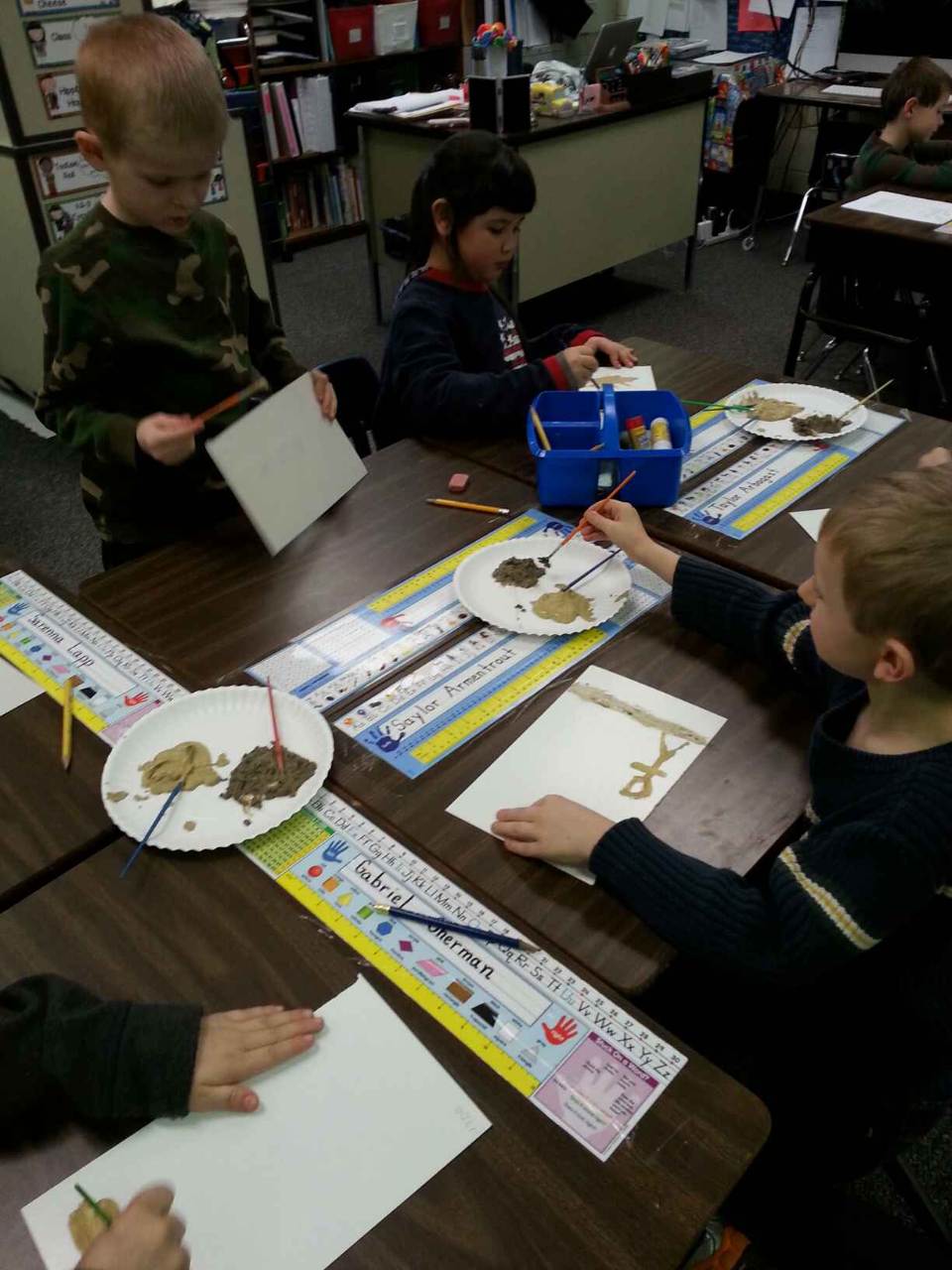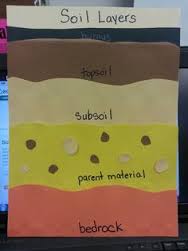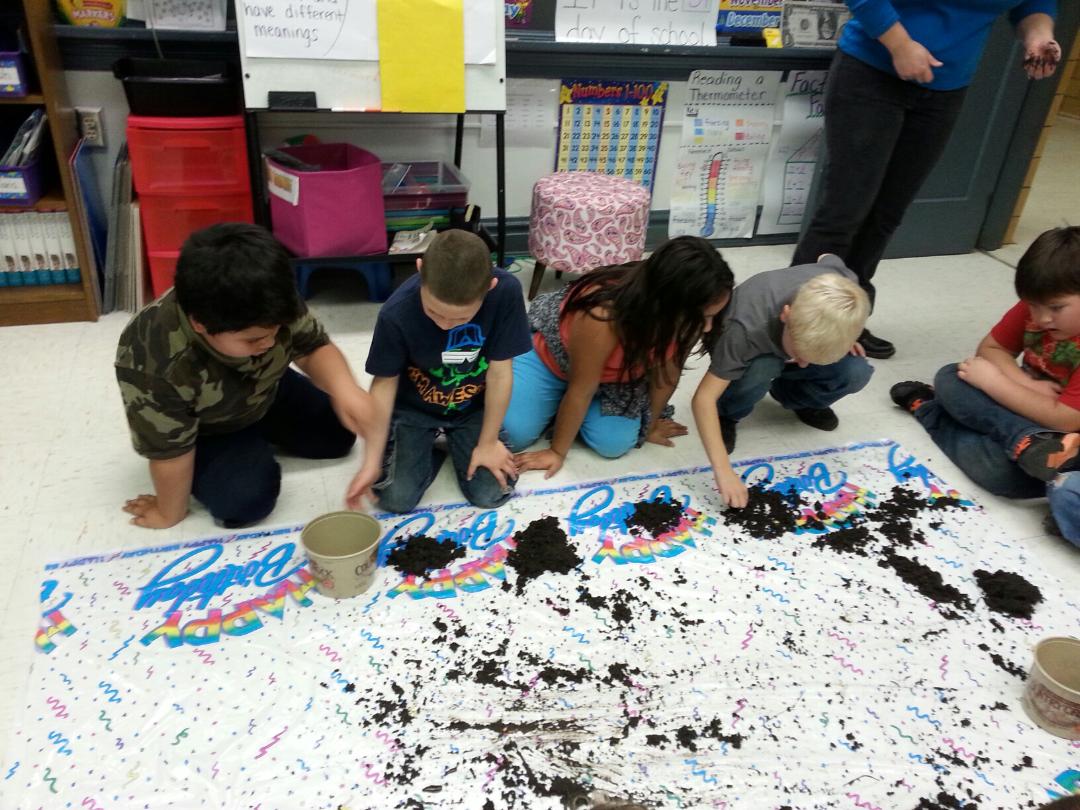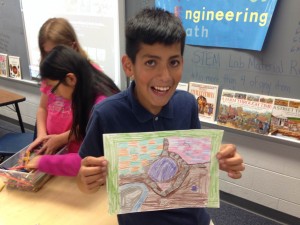 This week we learned about landscape design during our 4-H Butterfly Club meeting at Mountain View Elementary. Jason from the Rockingham Extension Co-Op came in to talk with members about spacing, color variation, and planting a butterfly garden. We all went outside to take a look at the space we have to work with then went back inside to start designing! More pictures to come later once the project is finished!
This week we learned about landscape design during our 4-H Butterfly Club meeting at Mountain View Elementary. Jason from the Rockingham Extension Co-Op came in to talk with members about spacing, color variation, and planting a butterfly garden. We all went outside to take a look at the space we have to work with then went back inside to start designing! More pictures to come later once the project is finished!
School Gardening
I am sure glad the warm weather is back! One reason-we can finally get back into our school gardens to plant. I’m always amazed at how much the kids enjoy digging in the soil, picking weeds, and harvesting their crops. Even on hot days they dig right in! This month we have been working to prepare the garden beds and planting flowers, squash, beans, strawberries, blueberries, raspberries, peppers, and pumpkins. I can’t wait to bite into a juicy strawberry!
Embryology in the Classroom
Spring is right around the corner and every year in my office that means I’m preparing to start up Embryology in the classroom projects. This week I had my first batch of chicks for the spring. I traveled to Cub Run Elementary, South River Boys & Girls Club, and Mountain View Elementary after-school 4-H club to talk about the chick life cycle and to give kids a hands on experience with live chicks. This curriculum is VERY popular and books up well in advance. If you are ever interested in hatching chicks in your classroom or simply having a quick visit with chicks please let me know. Fall embryology programs book as early as June and Spring programs book before Christmas break!
Mt View Elementary 4-H Butterfly STEM Club
4-H Butterfly Club
Due to all the snow days we have had lately it’s been a while since the last post! However, things are going full swing with the NEW 4-H Butterfly after-school club at Mt View Elementary. Club members are busy learning about butterflies, why they are important, and working on club projects. The first club project that members were tasked to complete was to build their own butterfly out of recycled materials and to include a moving part on their model. Let me say that we were excited that they were SO into doing this project that it took a little longer than expected-club members will finish next club meeting to present their models to the group. In addition to learning about butterflies, the members are completing club projects with a STEM approach and learning about 4-H leadership at each meeting. Check out the photo’s below!
Character Counts!
4-H has partnered with several Rockingham County school’s to provide Character Counts! education in a fun and new way! Teaching methods range from a CC! Superhero visit to lunchrooms and classes, reviewing short film clips of movies to discuss positive and negative character, and learning character through visual experiments. This week I covered the CC! pillar Respect (yellow).
Plant Parts Salad
One of my other favorite lessons to do with the kids is Plant Parts Salad! We start off by reviewing or learning all the parts of plants and their functions. Next we play a little relay game to test our knowledge…and then we EAT! I’m amazed at how excited the kids are to eat salad and how many claim they never eat salad at home 
Leaves-lettuce
Fruit-tomato
Stem-celery
Root-carrots
Seed-sunflower seeds
Flower-Broccoli heads
Enviroscape in popular demand!
Exciting Annoucment!
Soil Paint
Soil Paint
Why is soil important? Think about it…without soil there wouldn’t be plants. Without plants we couldn’t breathe, we would all live in houses that were flimsy or fall down (no wooden structure), the cows couldn’t eat…no cheeseburgers and so much more! Today I visited Lacey Spring Elementary to teach students about the importance of soil. After a quick lesson on soil-students were able to “paint” with different types of soil (clay vs sandy soil). This activity allows students to see that not all soil is alike…I give them several different colors of soil to paint with.
4-H curriculum on soil is available to all grades! Older students still love to soil paint but also enjoy taking a soil sample outside of the school, creating a soil shake, and putting together a soil profile with construction paper. Contact Rosemary to learn more!
Worm Harvest?
Worm Casting Harvest
At Linville Edom Elementary School you can walk into the 3rd grade classroom and not realize that they have “pets”. There is no smell or loud commotion coming from their pets….that’s because they have WORMS! That’s right-there are about 1,000 worms living in a worm bin located in the corner away from the windows. I decided to start this project with Linville because the school had a strong gardening program and a beautiful garden located behind the school. We didn’t want to spray the garden with any chemicals but still wanted to be able to fertilize the plants. Solution? Worm castings (poop)! Worm castings are an excellent source of fertilizer for your garden or plants. Plus-they eat your unwanted garbage! If the worm bin is properly taken care of there is not a trace of smell. After 3-5 months your worms will have decomposed everything in your bin to provide a nice array of worm castings. There is a sorting process of putting food in the bin above so the worms force themselves to move up and out of the castings but not all worms make it! Therefore, we had to dumb the castings out and sort through the piles to pick out the worms. Worms found were then placed back into the bin to continue eating garbage. The castings are now ready for plant application! Our castings were ready but our garden isn’t! Therefore, we simply placed our worm casting harvest into plastic containers and will wait until spring to apply to the garden.
Interested in learning more about worms? Contact Rosemary to learn more!

